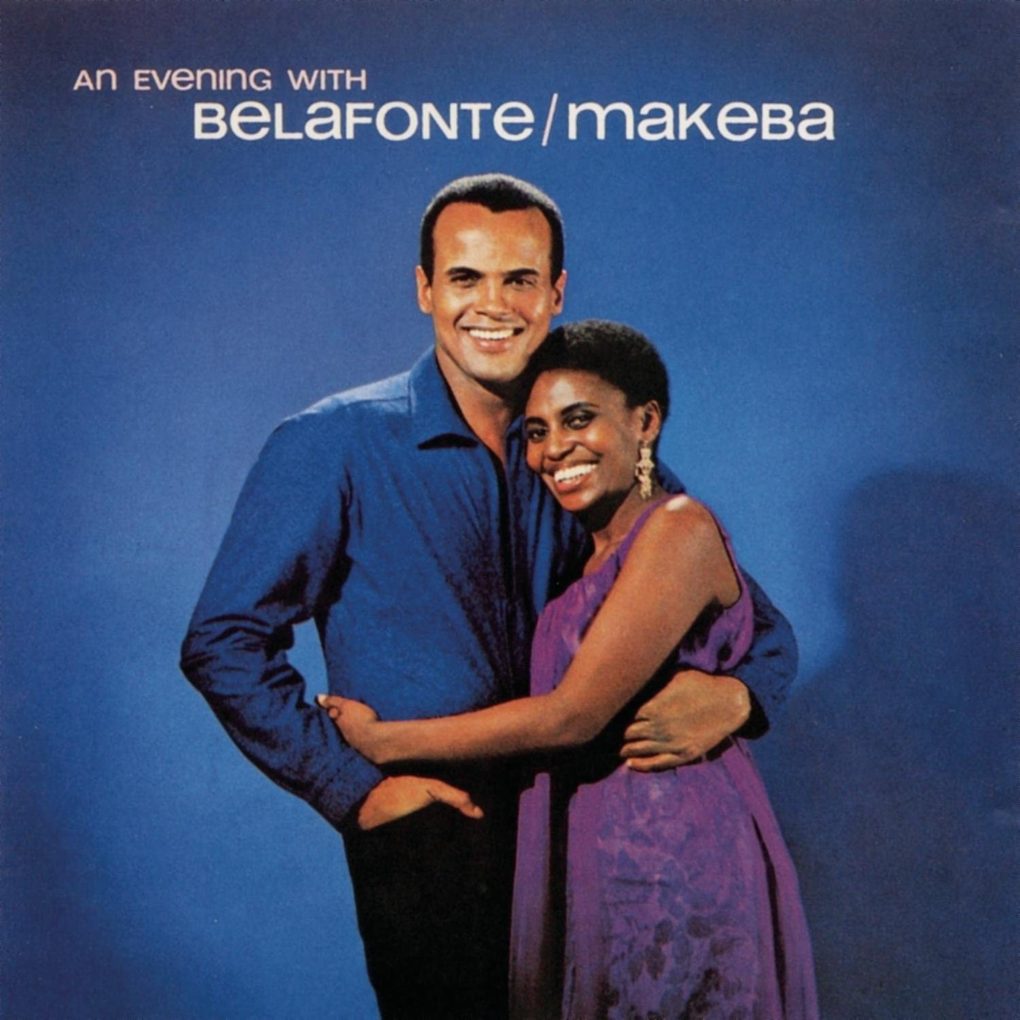Miriam Makeba’s story is incredible, and can’t be adequately summed up in a few-hundred-word blog post. But here goes.
Born in 1932 in South Africa, Miriam Makeba was the daughter of a teacher and a maid. The young couple struggled to get by, and Miriam’s mother brewed beer as a way to make some extra money. It was illegal for black South Africans to brew (or even drink) beer, and Miriam’s mother was arrested when Miriam was barely two weeks old: she spent most of the first six months of her life in prison.
Her formative years were spent living with her grandmother, under whose care she was exposed to all kinds of music, from traditional Swazi and Xhosa songs to the jazz of Duke Ellington and Ella Fitzgerald. Eventally, she joined a group called the Manhattan Brothers, who performed a mix of South African and Afro-American music.
She crossed over into film as well, starring in a 1959 anti-apartheid movie called Come Back, Africa. She flew to Italy to accept an award for her role in the film, and upon trying to return, she discovered that the South African government had cancelled her passport, essentially exiling her.
Ironically, the exile only brought her music – and her message – to a wider audience. Connecting with Harry Belafonte, already a star in the US and elsewhere, Makeba began a prodigious solo career that put Xhosa music into western ears that probably would never have heard her if not for her exile. She performed at John F. Kennedy’s birthday. She collaborated with Paul Simon. And her duet record with Harry Belafonte, the record from which this song is taken, makes her the first South African to win a Grammy.
Her career outlasted the white South African government; the government that had imprisoned her mother during the first months of Miriam’s life, and which had barred her from returning to her homeland. In 1990, the country’s new leader, and fresh out of prison himself, Nelson Mandela extended a long-overdue return ticket, and her country embraced her once again.
What makes this a beautiful song:
1. The guitar isn’t far forward in the mix, but its lullaby tone is enough to make me sleepy.
2. The lyrics tell a simple story of a man who wants to marry his beloved but can’t afford the dowry. It wasn’t written by Belafonte or Makeba, but the idea of someone separated from those they love by some socially constructed convention seem to fit with Makeba’s life struggles somehow.
3. As she sings, Miriam Makeba sounds like she’s smiling. You can hear it. In all the footage I’ve seen of her, whether singing or being interviewed about the plight of South Africans under apartheid, she’s always smiling. Not the empty, flashy smile of a performer; the patient, determined grin of someone who knows that seemingly impassable obstacles are only temporary.
Recommended listening activity:
Fixing something.
